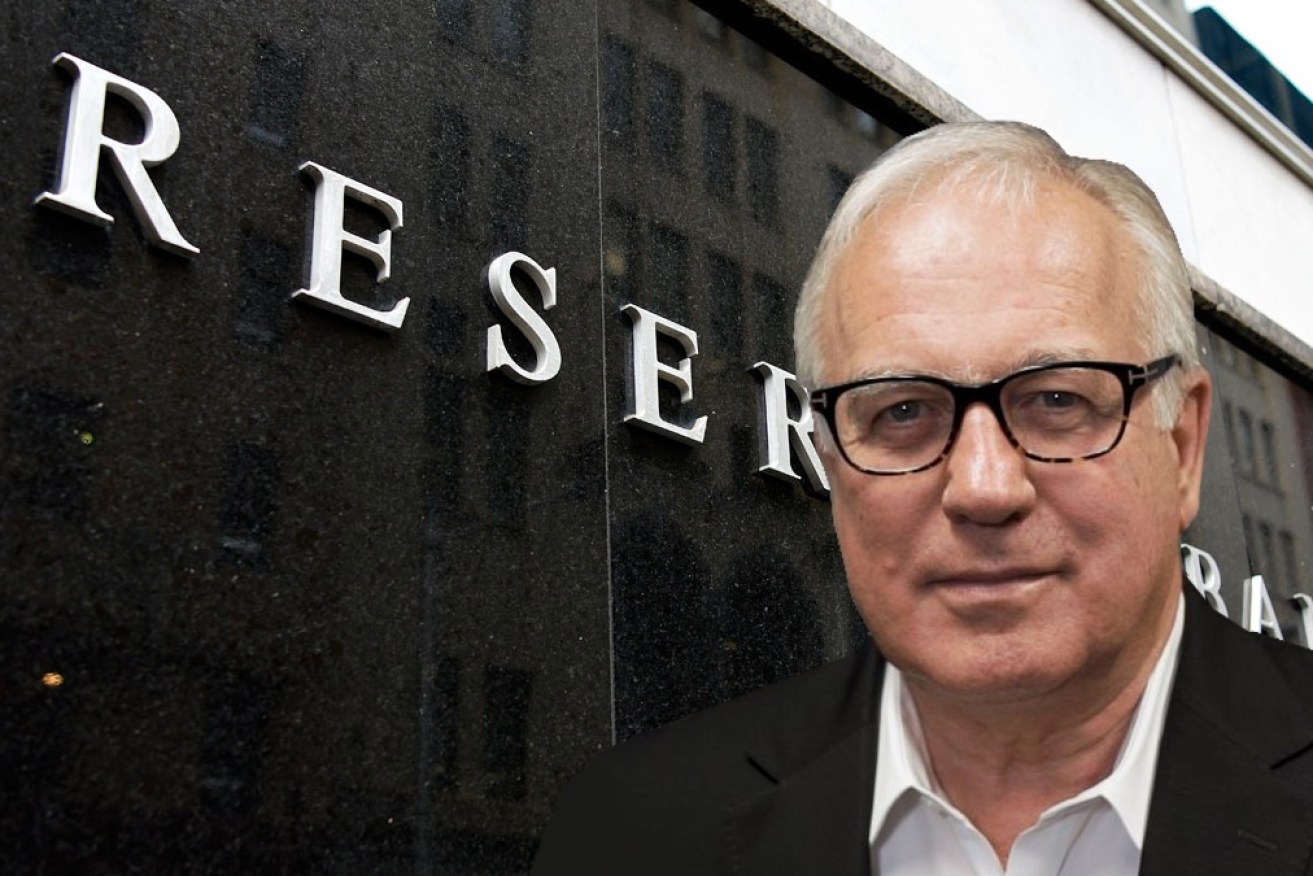Alan Kohler: The RBA has done enough – it would be reckless to keep hiking rates


Photo: TND
I was watching a speech by the new far-right prime minister of Italy, Giorgia Meloni, described by some as a Mussolini-style fascist, and was settling in for the usual rant against woke left-wing elites and cancel culture, when she named a different, and surprising enemy: Financial speculators.
“I can’t define myself as Italian, Christian, woman, mother. No. I must be citizen x, gender x, parent 1, parent 2. I must be a number. Because when I am only a number, when I no longer have an identity or roots, then I will be the perfect slave at the mercy of financial speculators. The perfect consumer,” she said.
Is Italy seeing the first revolt against modern financialisation and consumerism, which is the consequence of unbound, over-active central banks?
Artificially low interest rates have enriched the already rich, deepened inequality, empowered banks and financiers, turned houses into financial assets and humans into consumers whose behaviour is to be manipulated with monetary policy.
And the rise of a new fascism in Europe seems to be the result of that, as well as the enduring Trumpism in the United States.
Meanwhile in Australia, financial speculators in the casino known as the futures market are betting the RBA cash rate will be 4.35 per cent next year, 2 per cent more than it is now, and which would cause, I submit, a big recession.
Futures market punters are more psycho than psychic, so that could be wrong and probably is, but it raises the question of how much damage the Reserve Bank and other central banks will have to do to the economy and people’s lives to get inflation down, and how much misery and fascism might result.
Employment in focus
The word “recession” doesn’t really convey what’s going on, since it refers to a drop in GDP, a theoretical calculation relevant to economists but no one else. It’s really all about employment.
The RBA’s latest forecast is for a modest rise in unemployment of 0.5 per cent to 4 per cent by the end of 2024, which would be an extra 70,000 unemployed people in today’s workforce.
But with permanent immigration increasing to 195,000, 4 per cent will mean a larger increase than that.
Call it 100,000 – not a recession, according to the RBA – just an MCG grand final crowd of newly unemployed people, sacrificed for the good of the nation.
That’s the RBA’s forecast – a recession we didn’t have to have would mean 10 grand final crowds, a million people and their families.
But there’s more to it than the destruction of jobs.
With next week’s rate hike, the RBA will have soaked up the buffer that APRA required banks to apply when assessing loan applicants – that is, they had to calculate a borrower’s ability to repay based on an interest rate 2.5 per cent higher than it was, as a matter of prudence.
Bizarrely, it was left at 2.5 per cent when the cash rate was cut to 0.1 per cent.
After next week, the interest rate will be 2.5 per cent higher than it was, so reality will consume prudence and many families’ repayments will be more than the bank and APRA decided they could afford.
But perhaps the biggest long-term impact will be on housing equity.
Forecasts for the decline in house prices now range between 20 and 30 per cent, which would be the biggest fall in history.
In 2021, about 600,000 houses and flats changed hands at prices 20 to 30 per cent higher than the year before, most with debt of 80 per cent.
So a 20 per cent fall in values means that hundreds of thousands of families will be living in a house worth less than they paid, for at least five years, possibly 10.
What’s more, many of them will owe more on the house than it is worth, so they’ll have zero equity while scrimping to meet repayments, and worrying about keeping their job.
Economic boomerang
Jim Grant of Grant’s Interest Rate Observer memorably described monetary policy, and specifically a period of ultra-low interest rates like the one we’ve just had, as an economic boomerang: “Hopefully launched, it returns on the fly to brain its supposed beneficiaries.
“We speculate that the speed of the return flight, and the force of the final impact, is directly proportional to the duration of the policy of rate suppression. A dozen years of insect-size interest rates, as in the case at hand, should make for a blazing fast flight and a substantial wallop on arrival,” he said.
We now have the wallop.
The speed and size of impact is a consequence of the purpose of the interest rate suppression – that is, to encourage borrowing. More debt means a bigger whack when the suppression ends and rates go up.
Is it necessary? In the United States, perhaps, but not in Australia.
In the US, wages are rising at about the same rate as prices, which is why even the Federal Reserve is talking about a recession: they need to increase unemployment to prevent a wage-price spiral.
In Australia, wage growth is about 3 per cent, half the rise in consumer prices; and inflation here is due to an energy price shock, increased demand from the pandemic cash flood, supply problems and rising profits – not wages.
There are three reasons the RBA has done enough already.
First, as discussed, APRA’s mortgage repayment buffer has been absorbed and house prices have begun their biggest ever crash.
Second, immigration has been rebooted and cheap labour is starting to flood back into the country.
And third, commodity prices have already fallen 20 per cent, including a 35 per cent fall in the oil price, in anticipation of recessions in the US, Europe and China.
The RBA has done enough: It would be reckless, heartless and dangerous to keep raising interest rates.
Alan Kohler writes twice a week for The New Daily. He is also editor in chief of Eureka Report and finance presenter on ABC news








